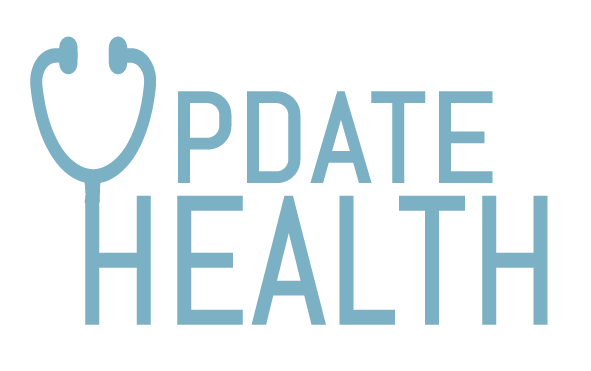Meat cooking-related mutagens and colorectal cancer risk
Image credit: plhrmnn via Unsplash
Heterocyclic amines (HCAs) are compounds that can form when meat is cooked at high temperatures, such as grilling or frying. Research suggests that higher dietary intake of HCAs may increase the risk of colorectal adenomas and colorectal cancer, likely through DNA damage and carcinogenic pathways. To reduce exposure, avoid grilling meat over direct heat, use indirect heat when possible, and turn meat frequently if cooking over a flame. Understanding the relationship between meat cooking methods, HCA exposure, and colorectal cancer risk is important for guiding dietary advice and cancer prevention strategies.
Source
Chiavarini M, Bertarelli G, Minelli L, Fabiani R. Dietary Intake of Meat Cooking-Related Mutagens (HCAs) and Risk of Colorectal Adenoma and Cancer: A Systematic Review and Meta-Analysis. Nutrients. 2017 May 18;9(5):514. doi: 10.3390/nu9050514. PMID: 28524104; PMCID: PMC5452244.
Additional Reading
https://www.nytimes.com/2025/08/02/well/how-your-diet-influences-your-colorectal-cancer-risk.html
https://www.uclahealth.org/news/article/grilling-meat-raises-cancer-risk-here-are-ways-lower-it

